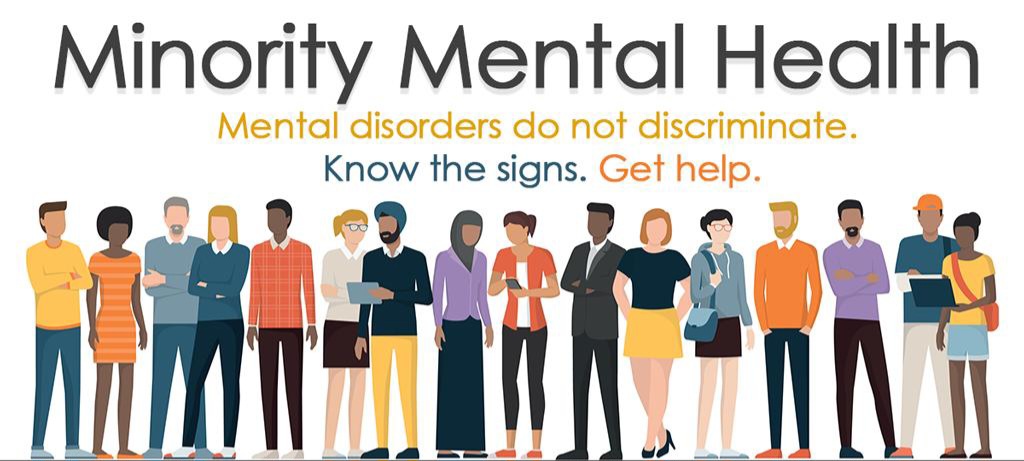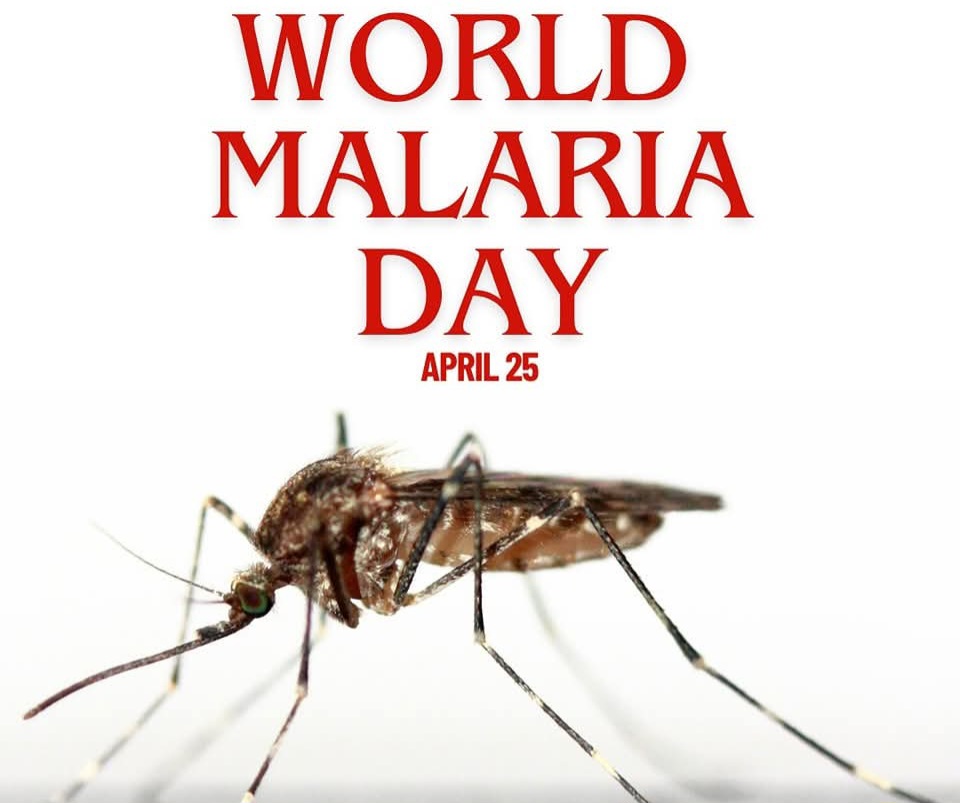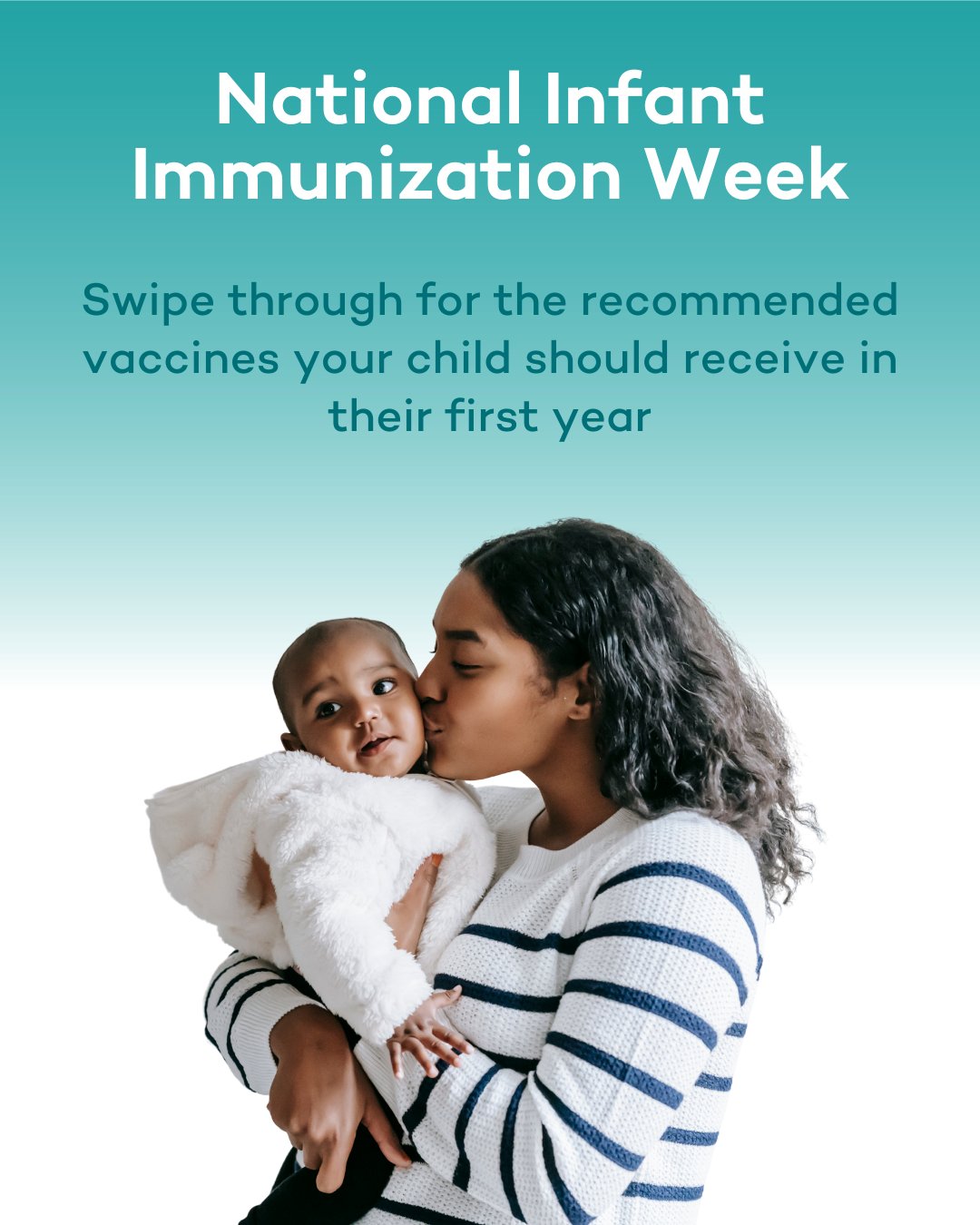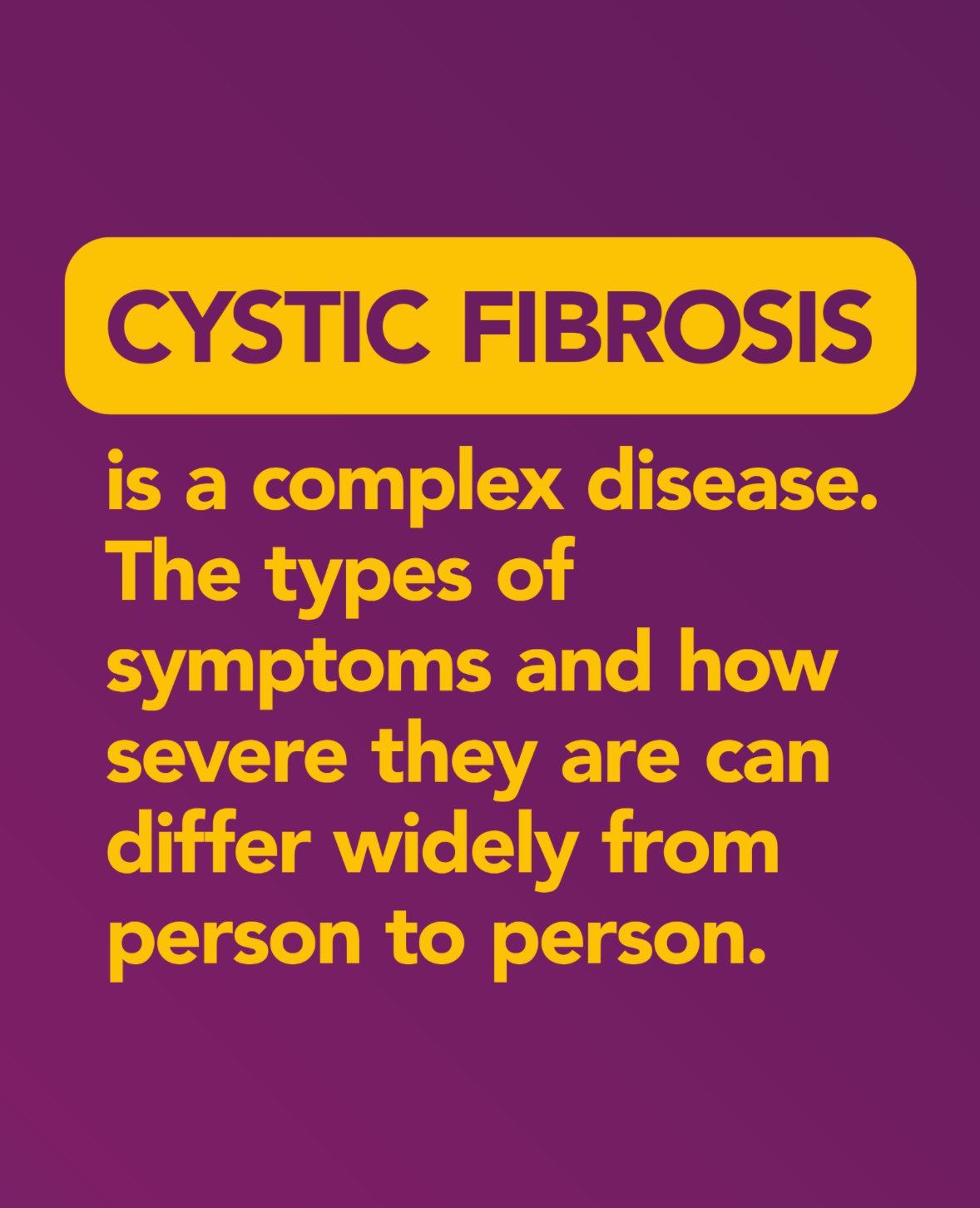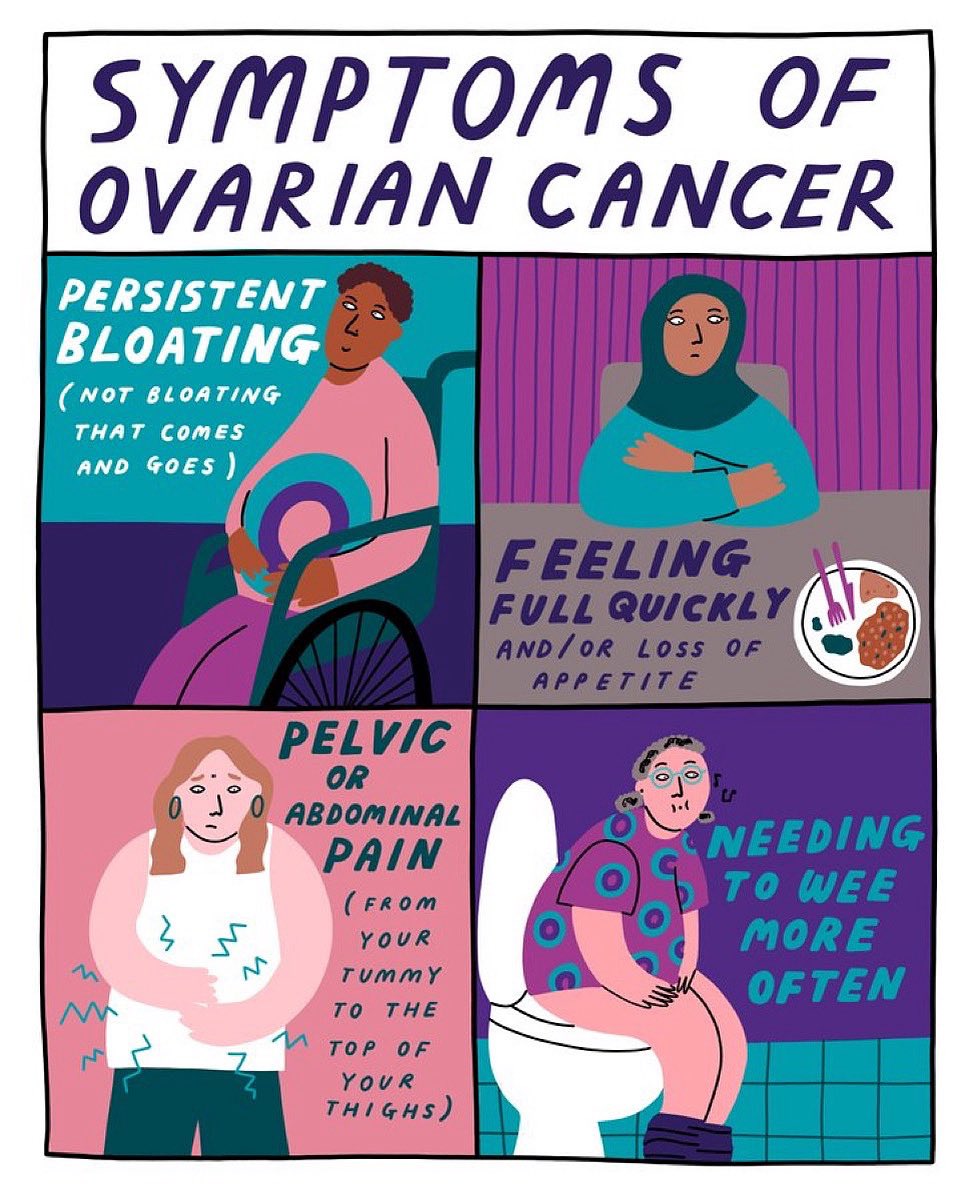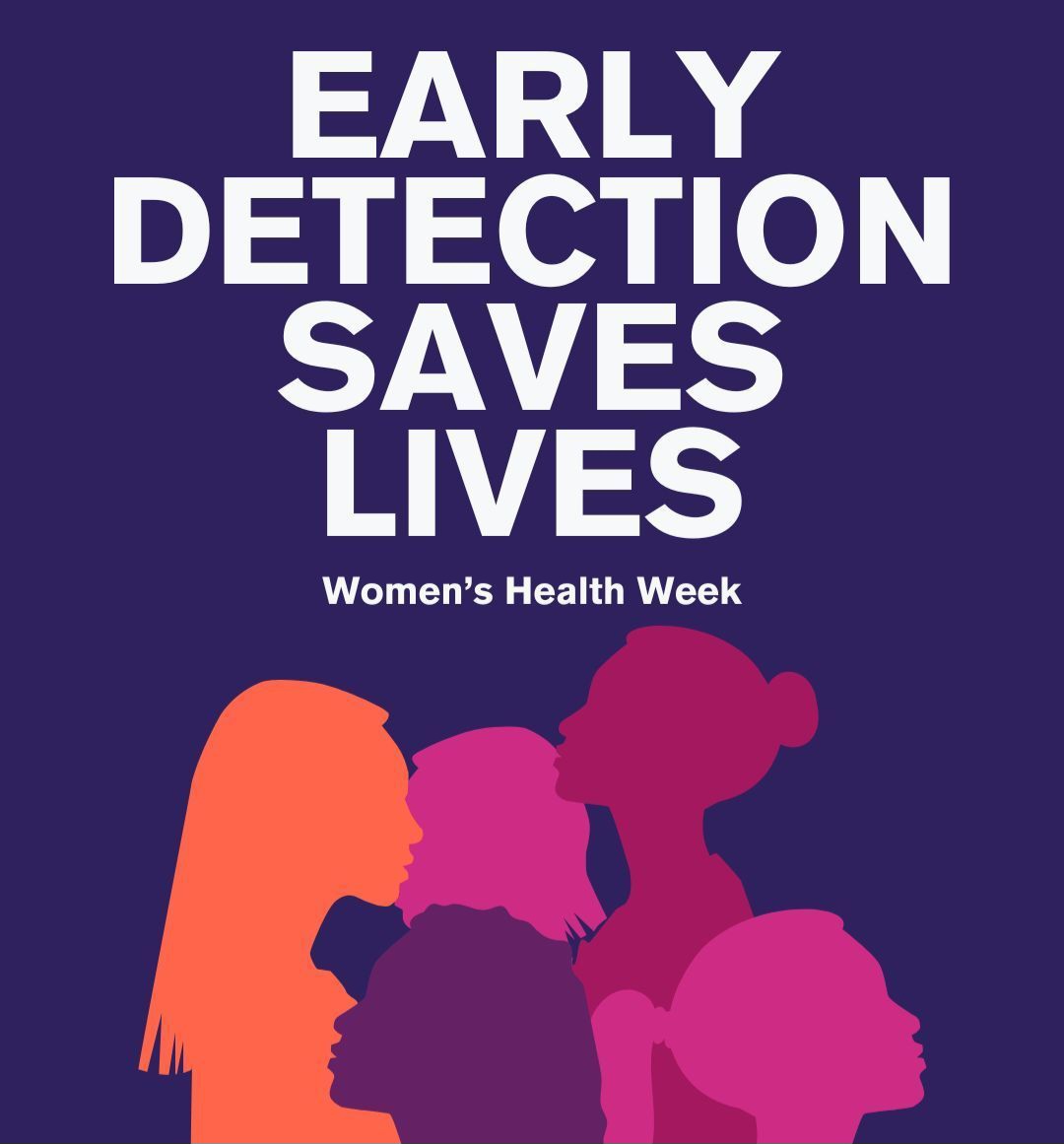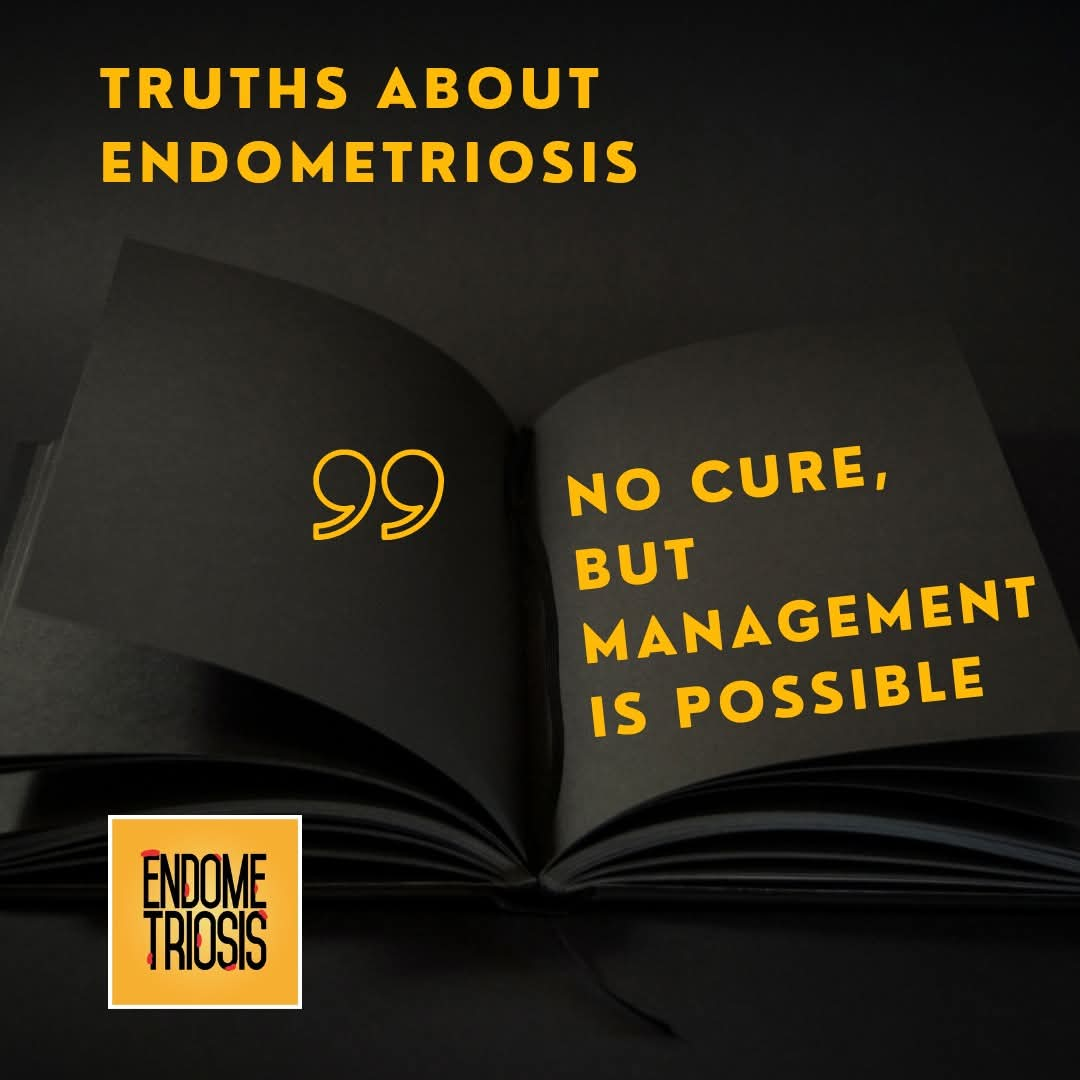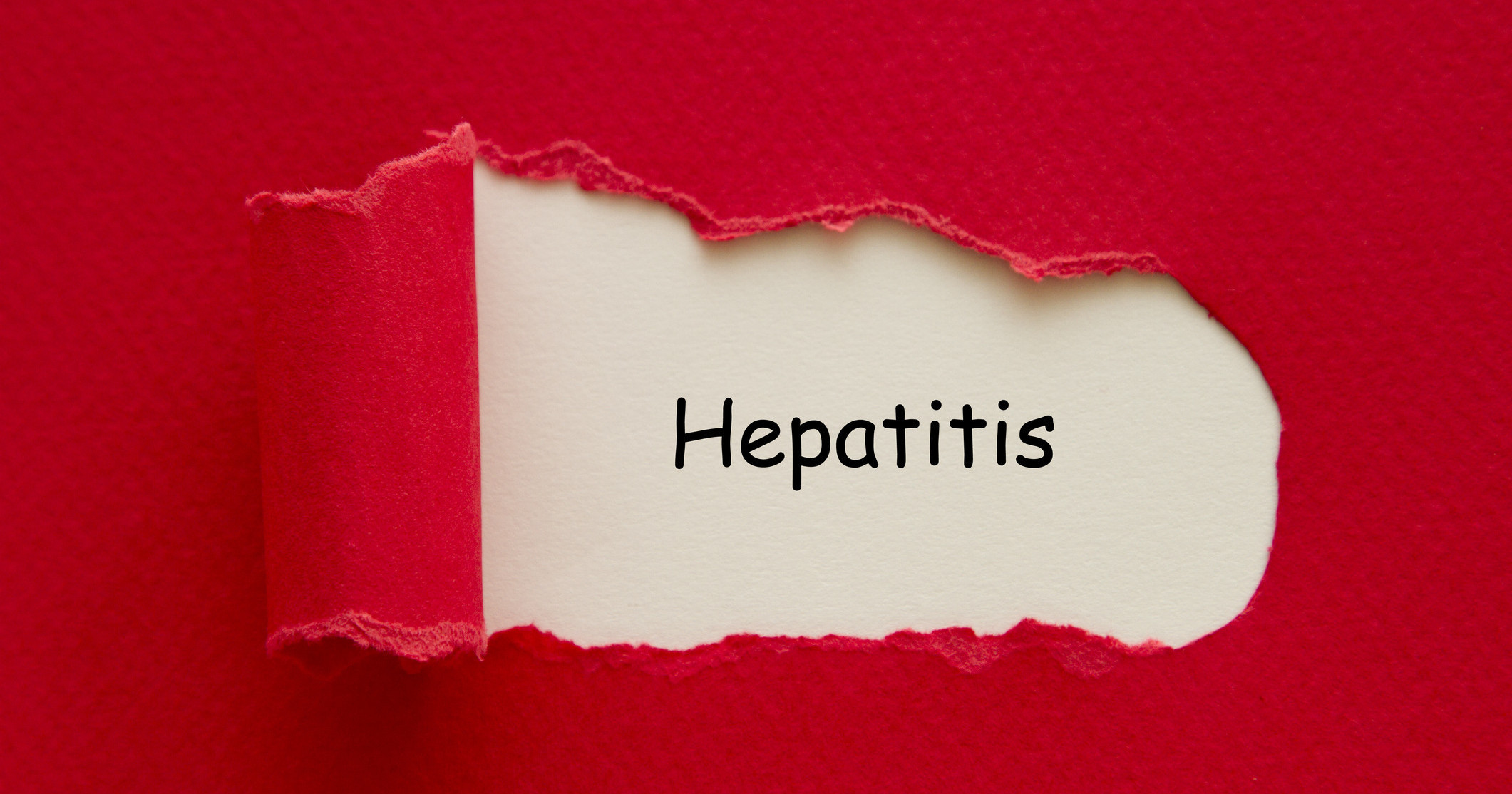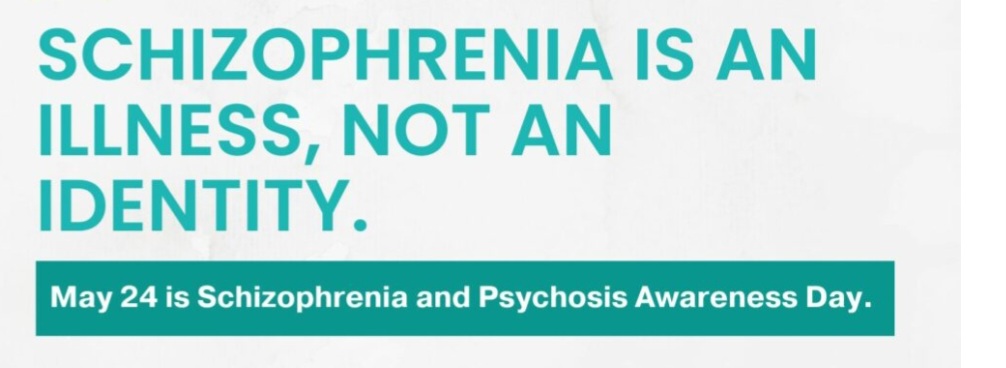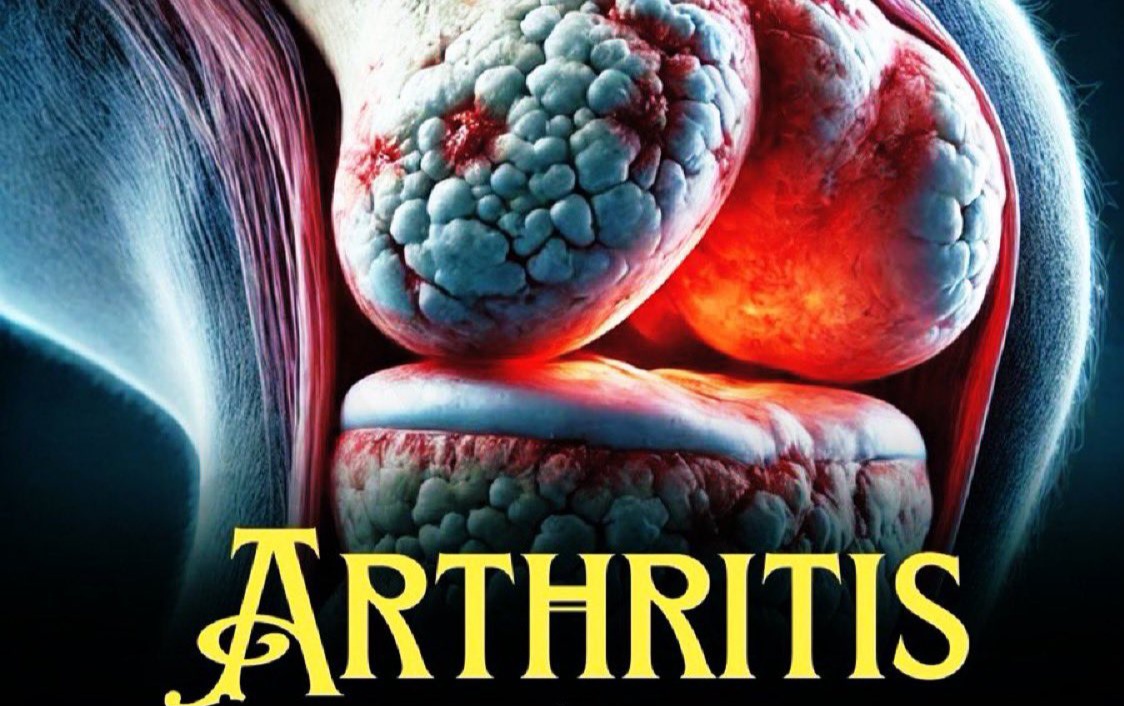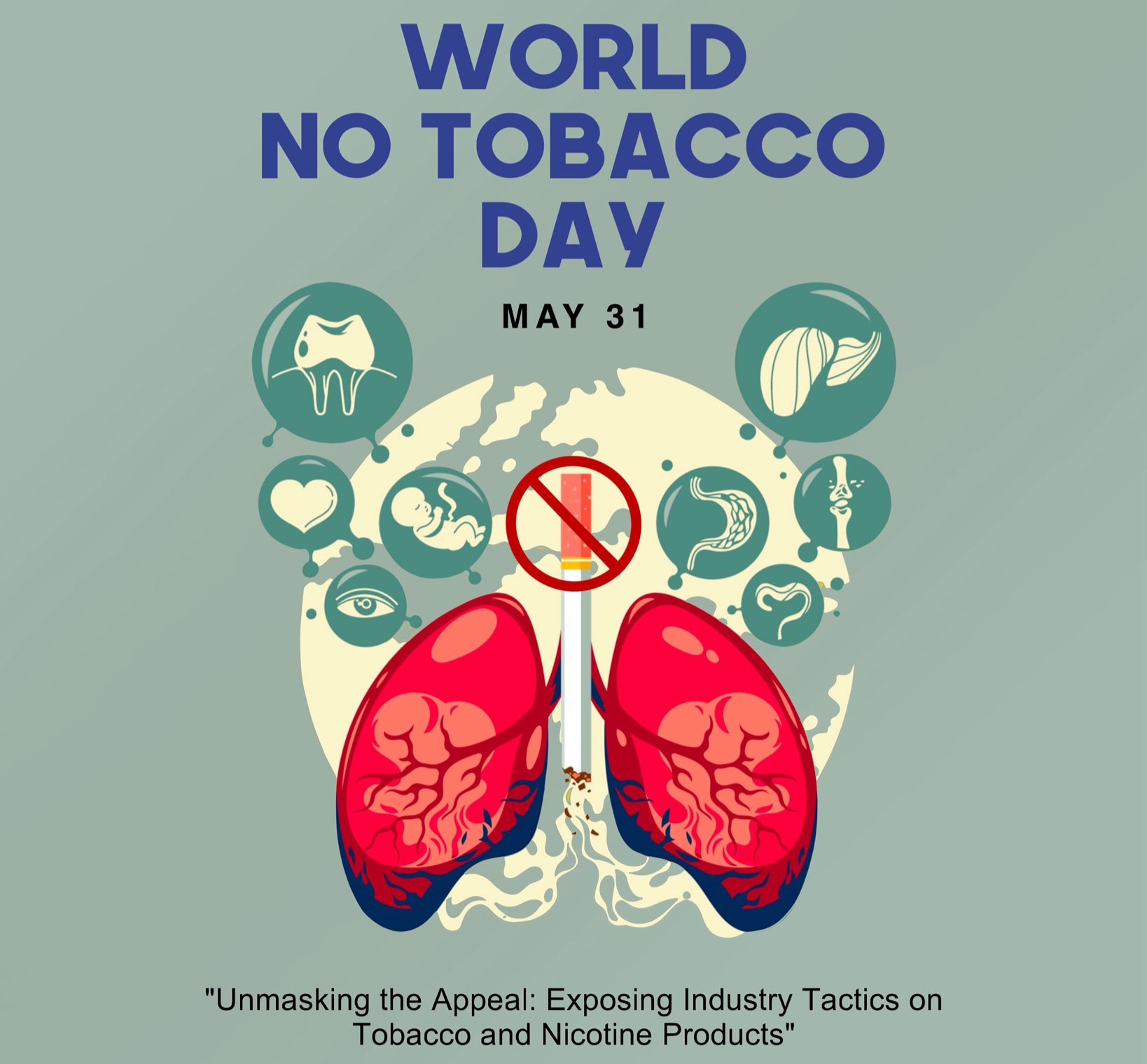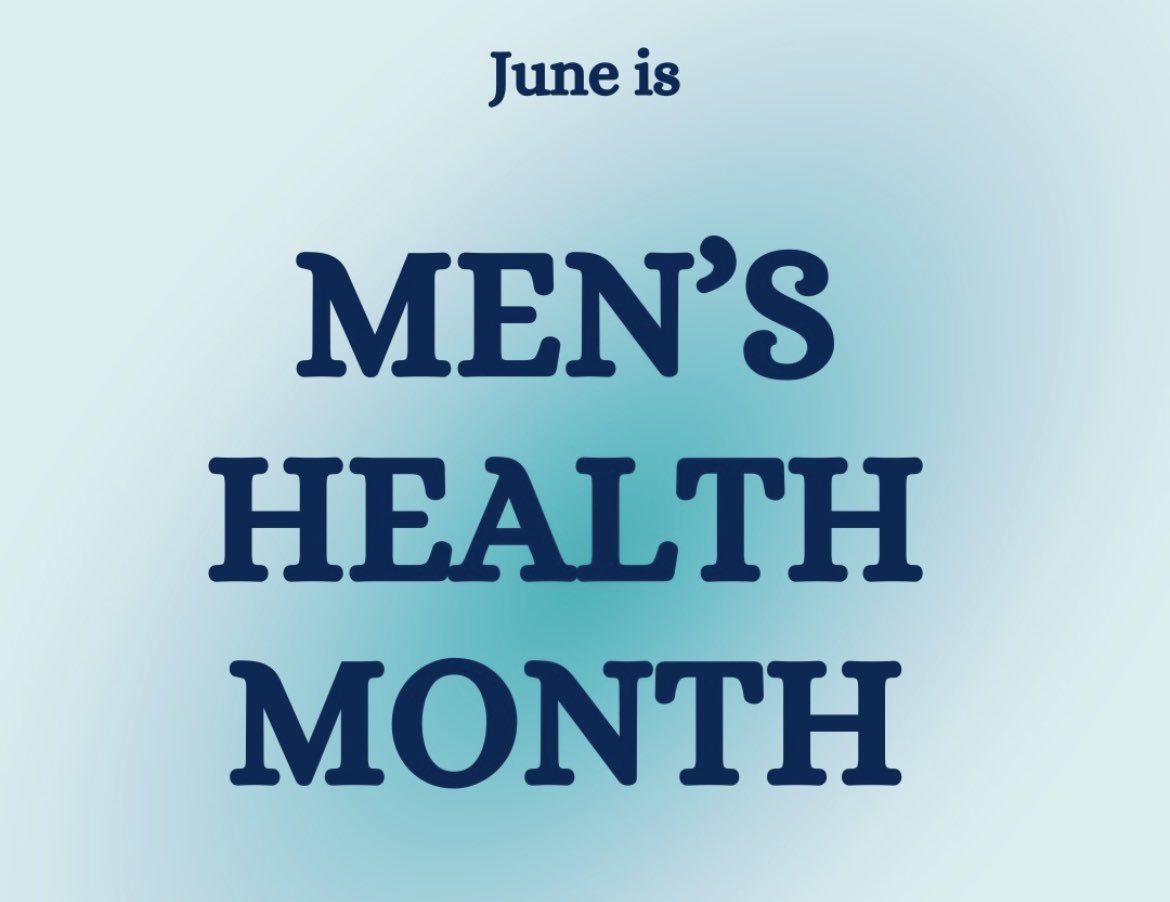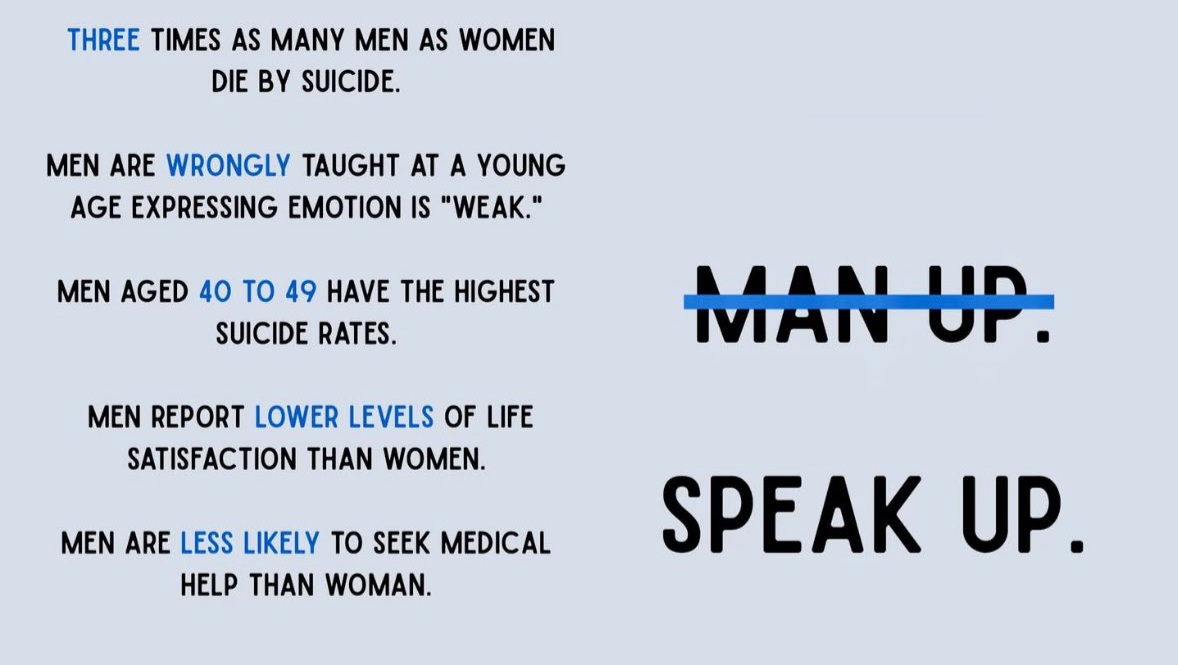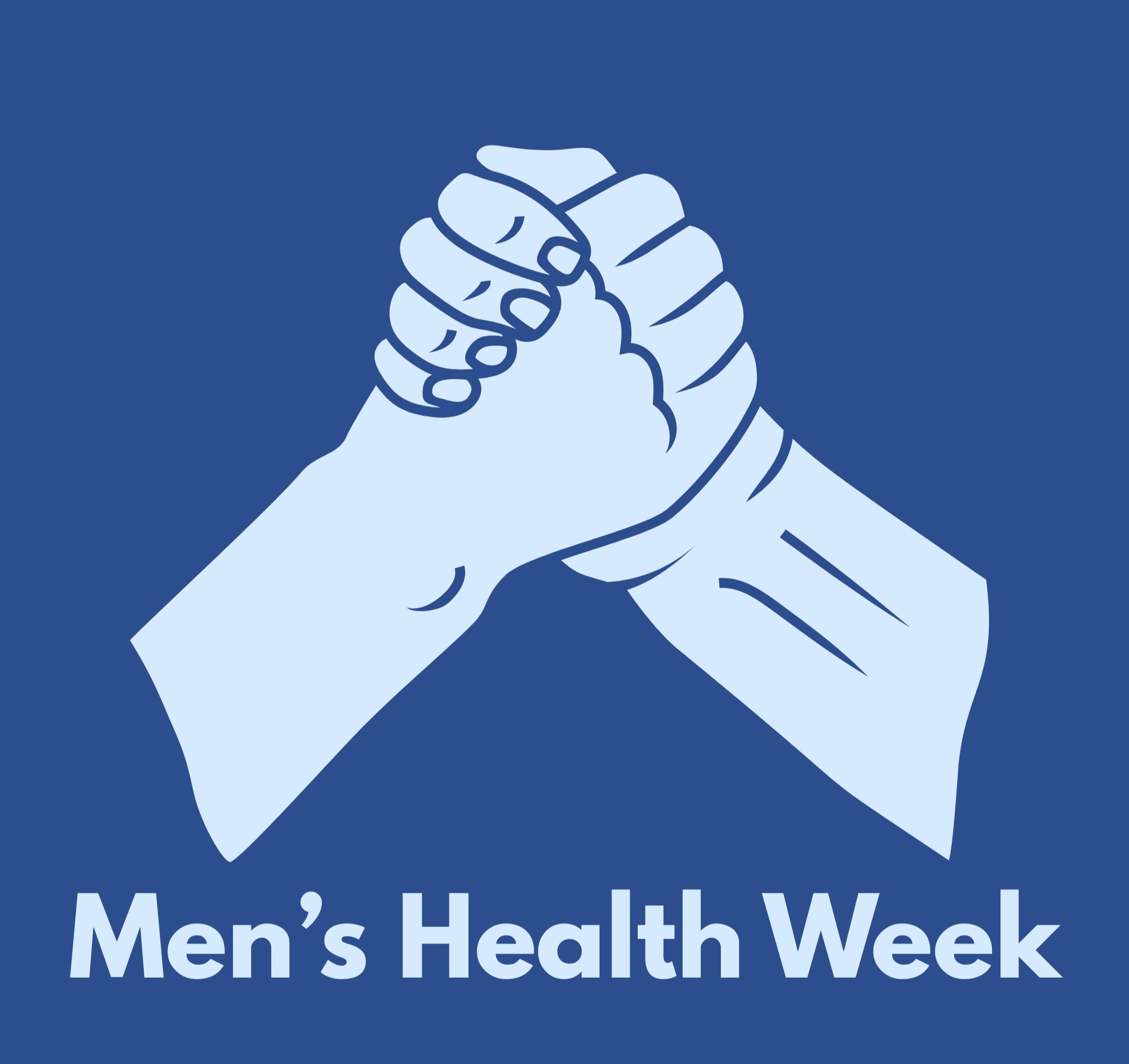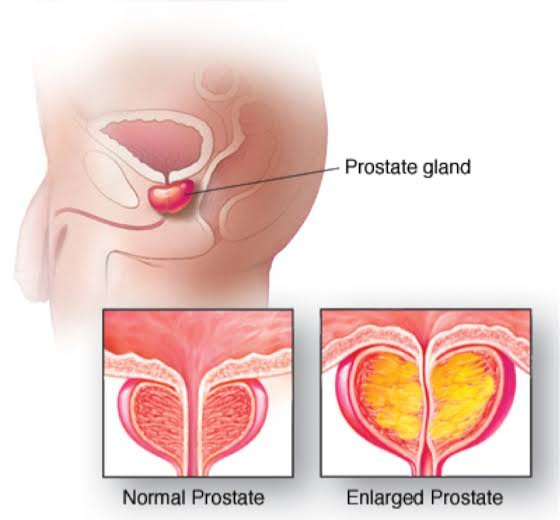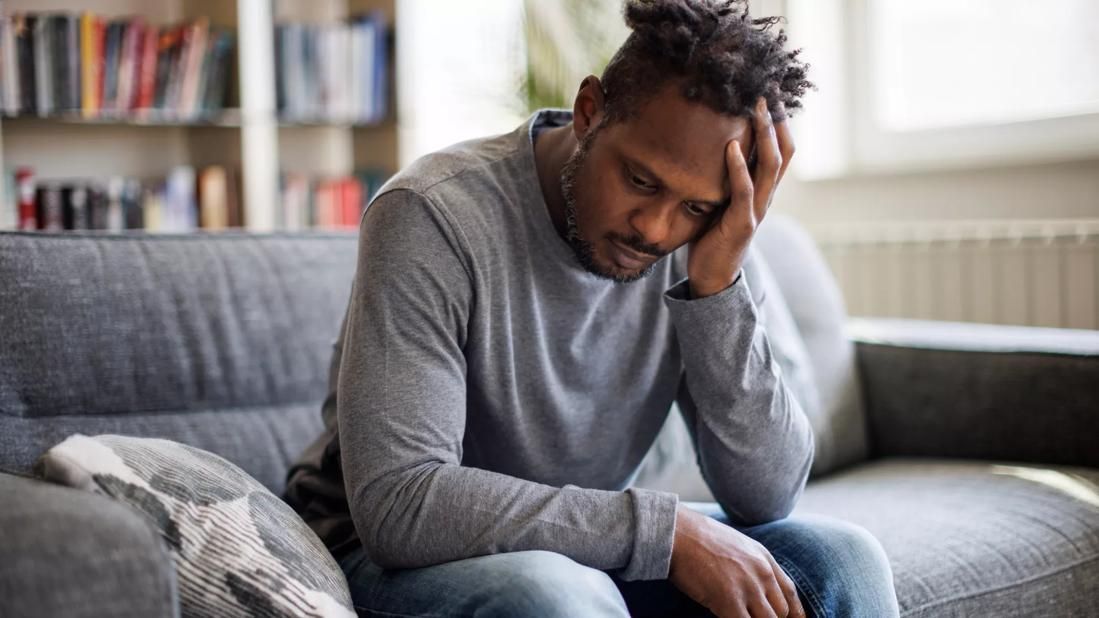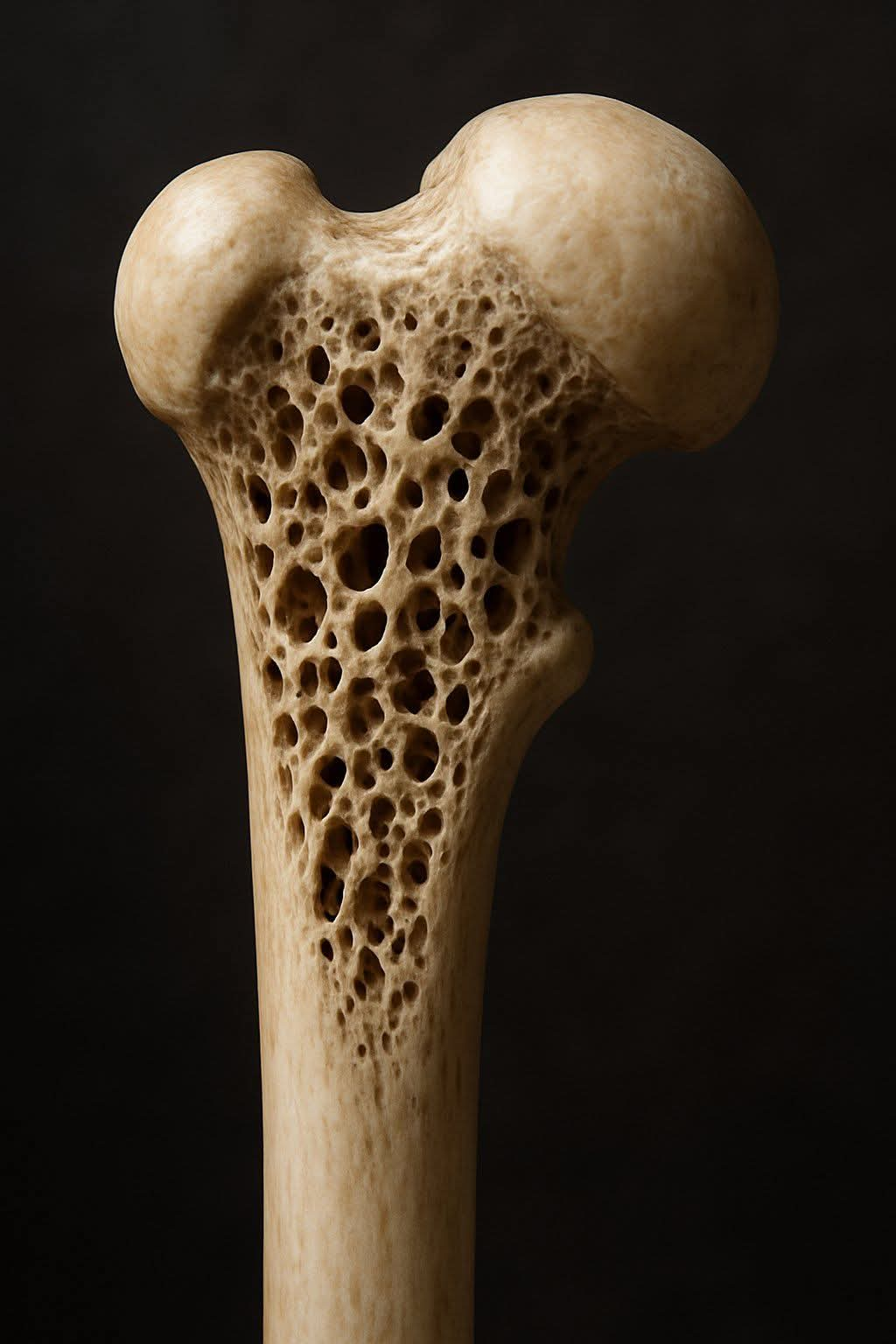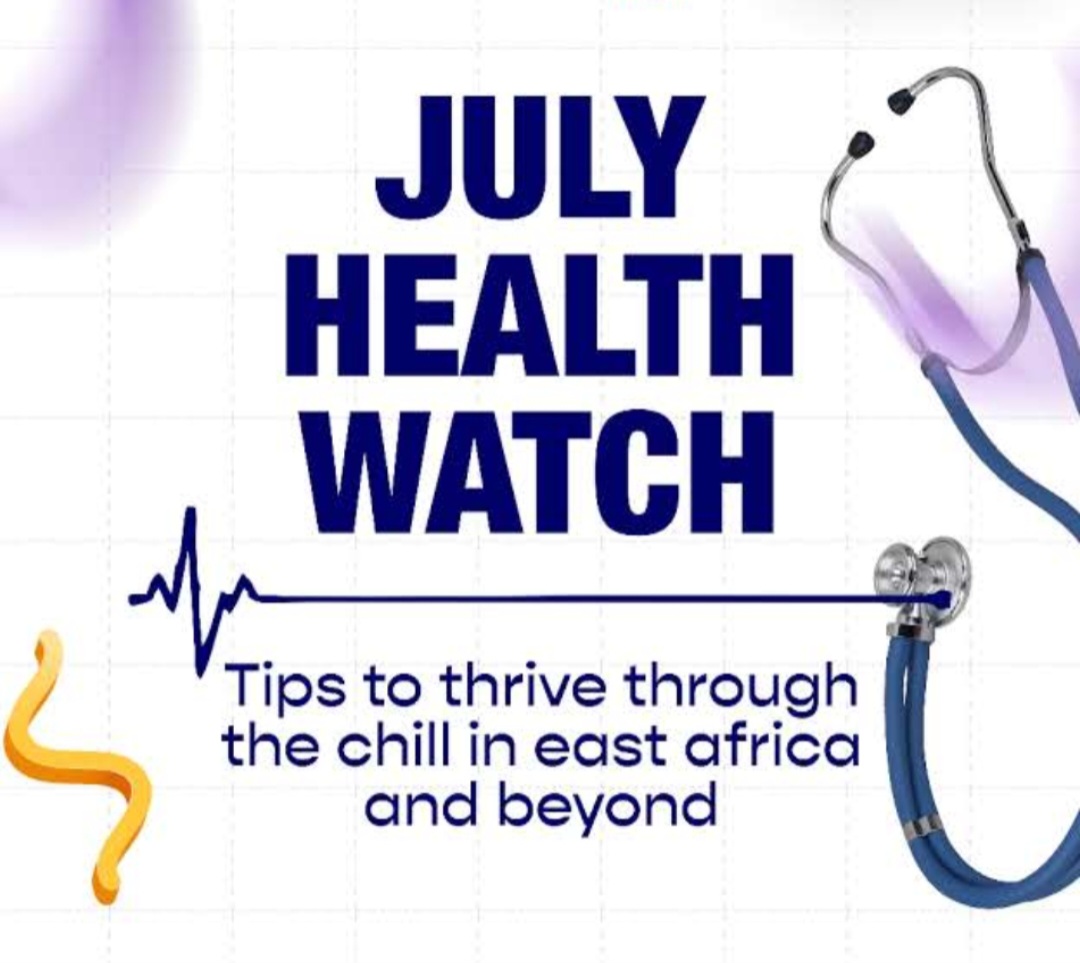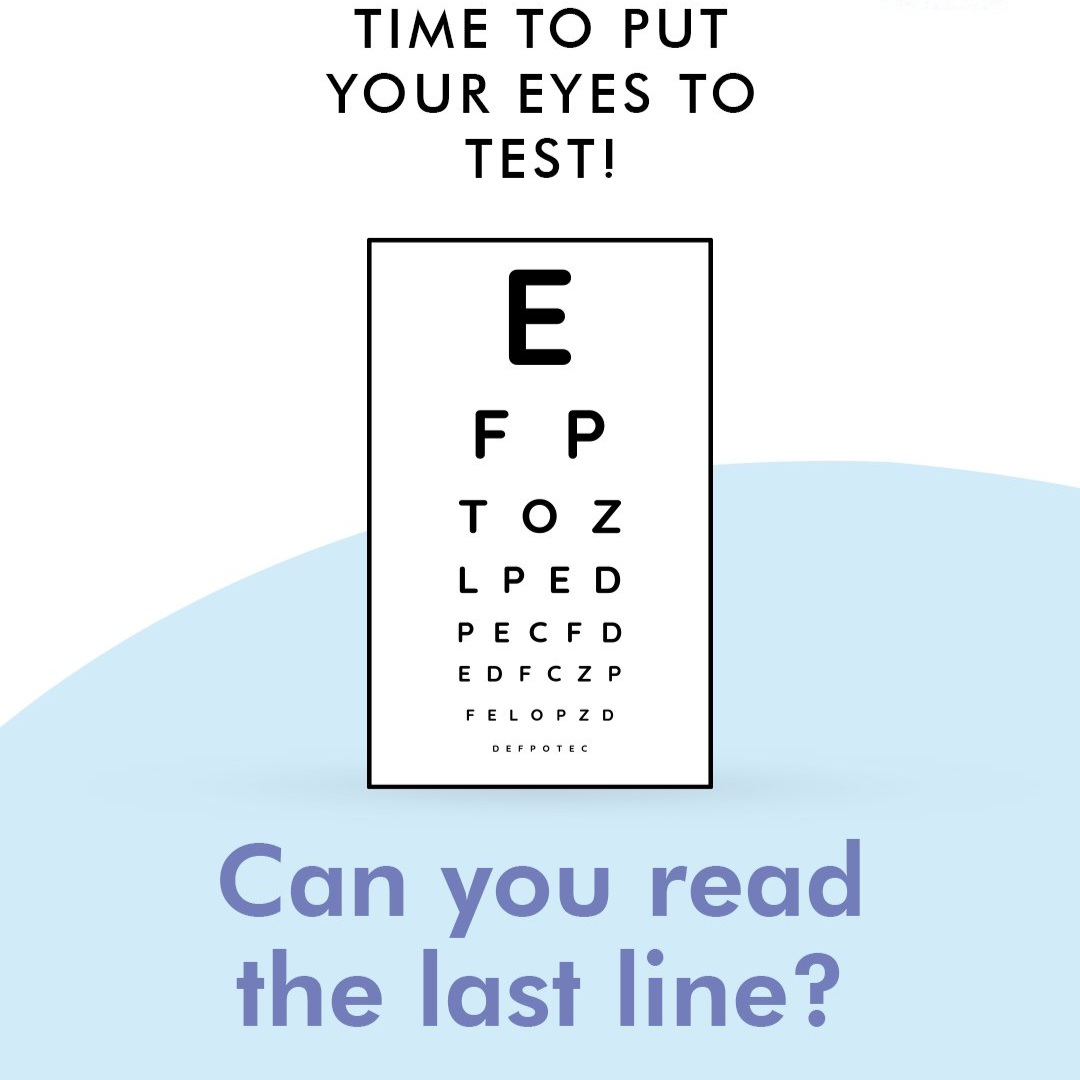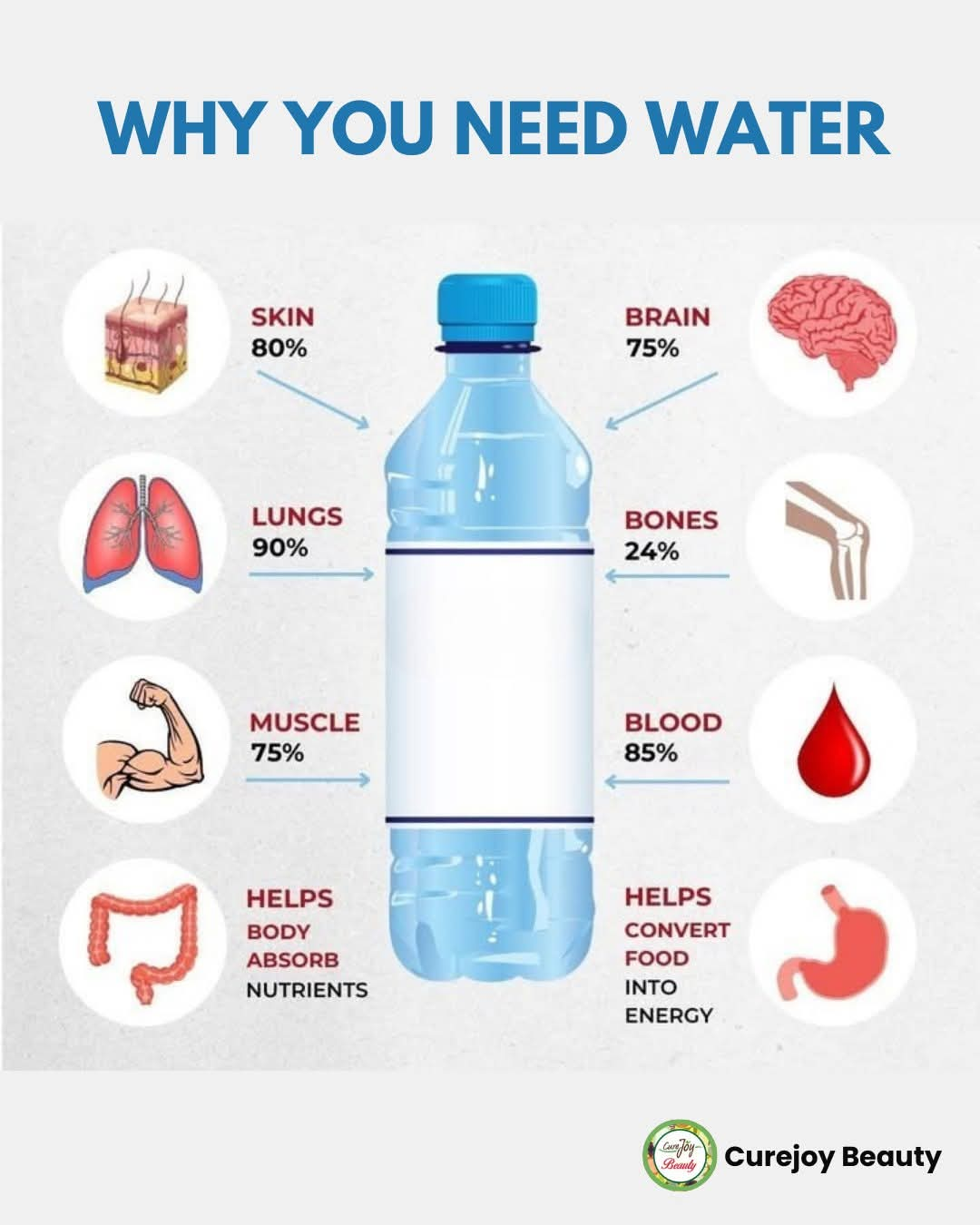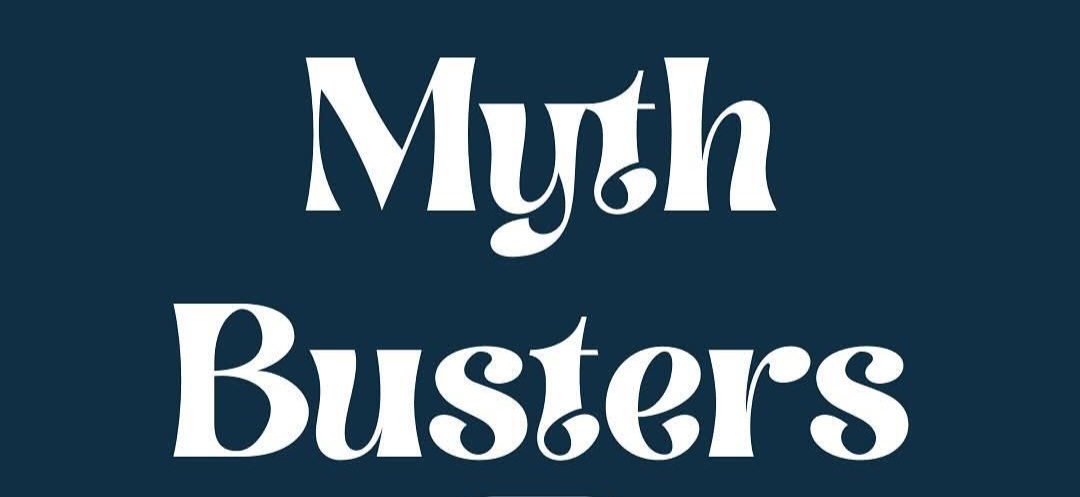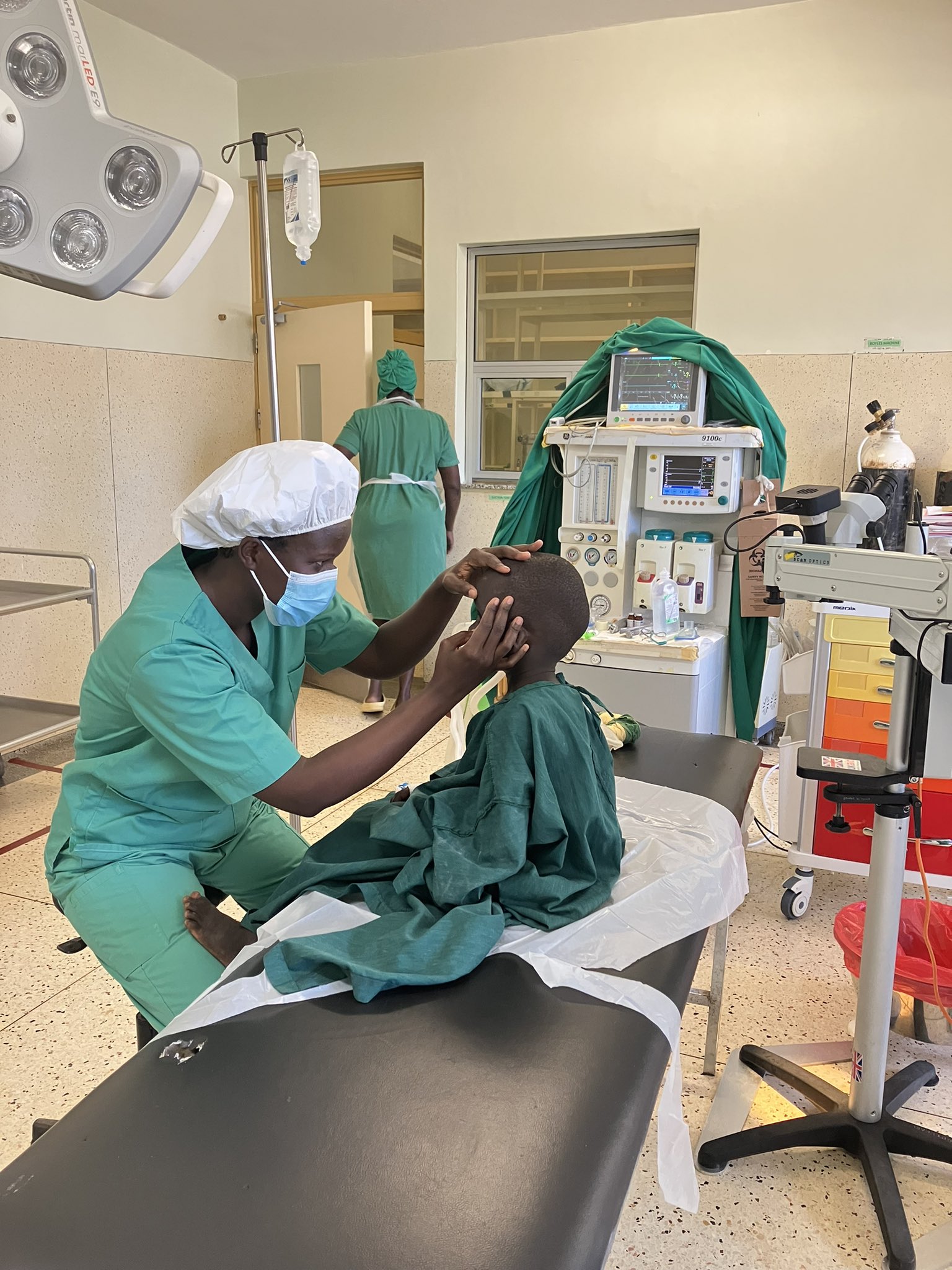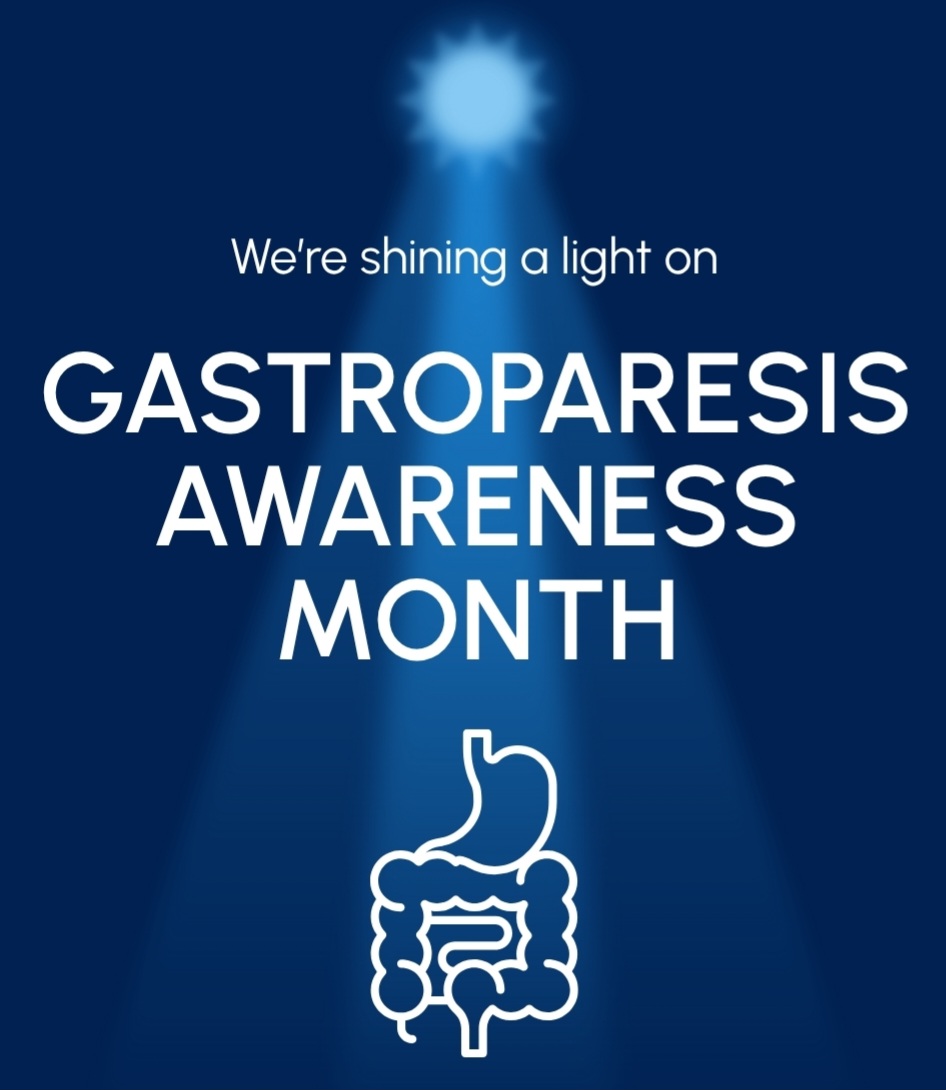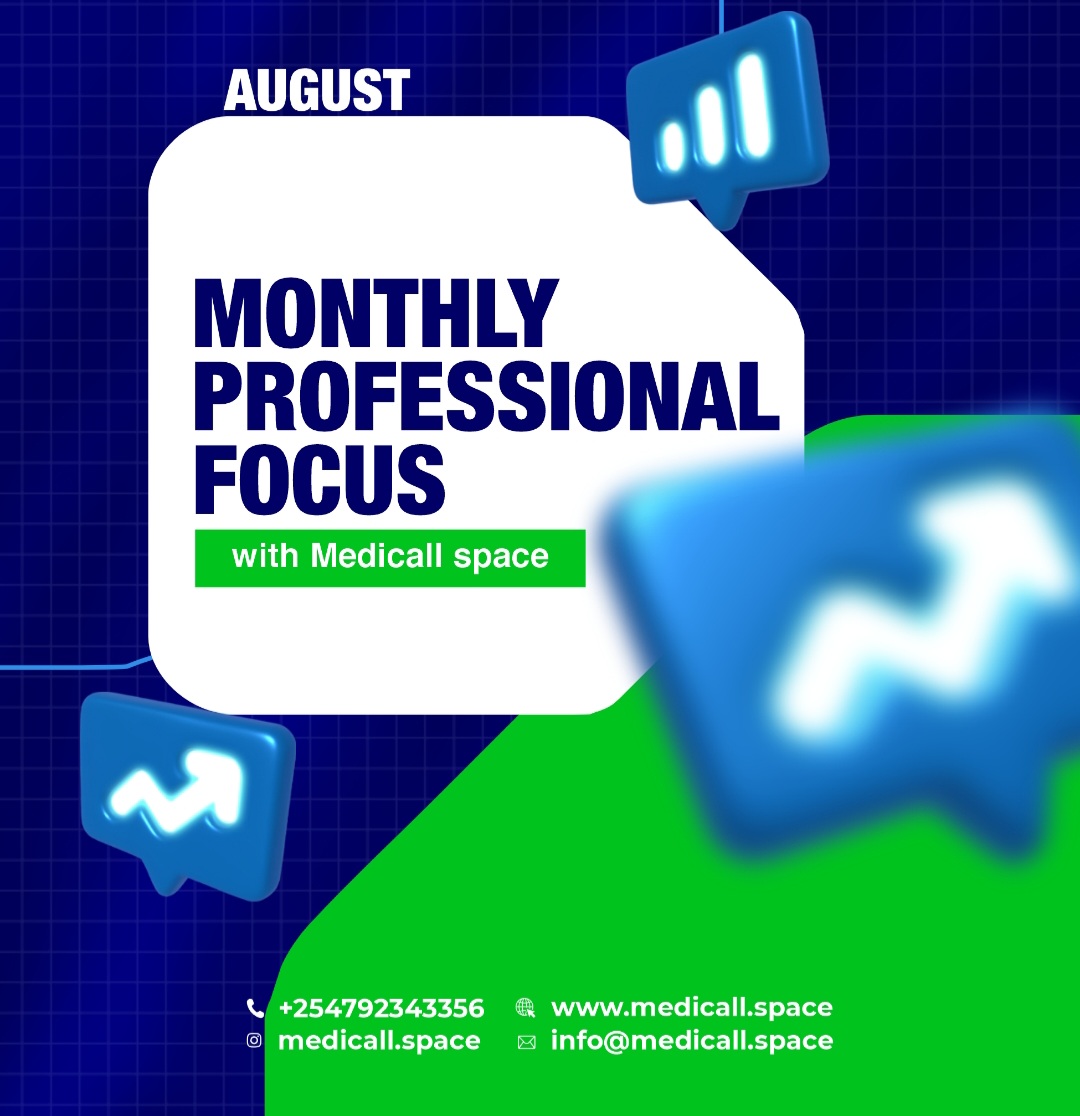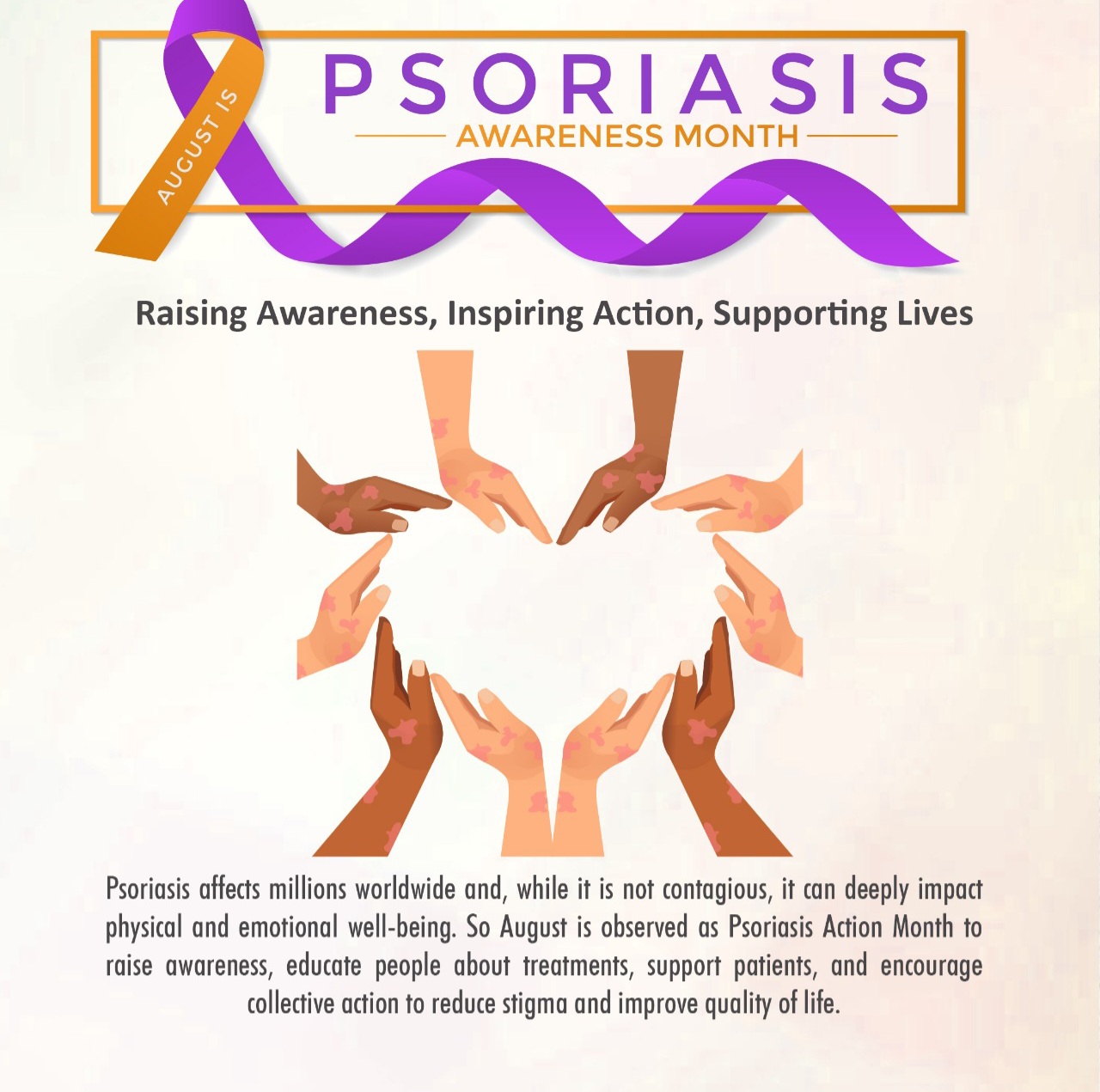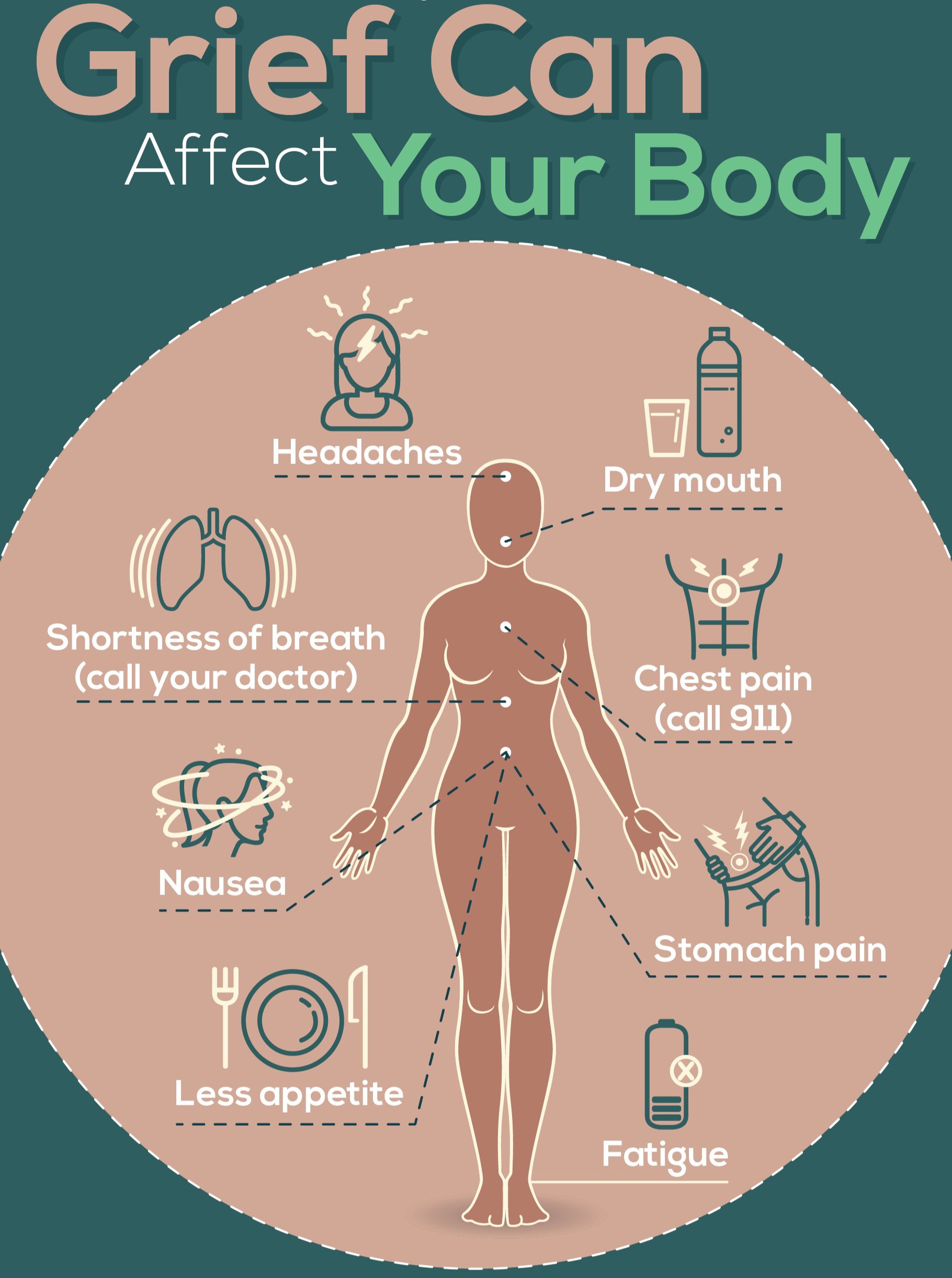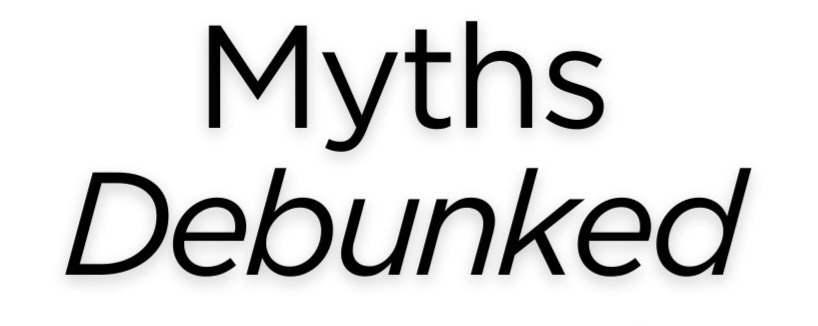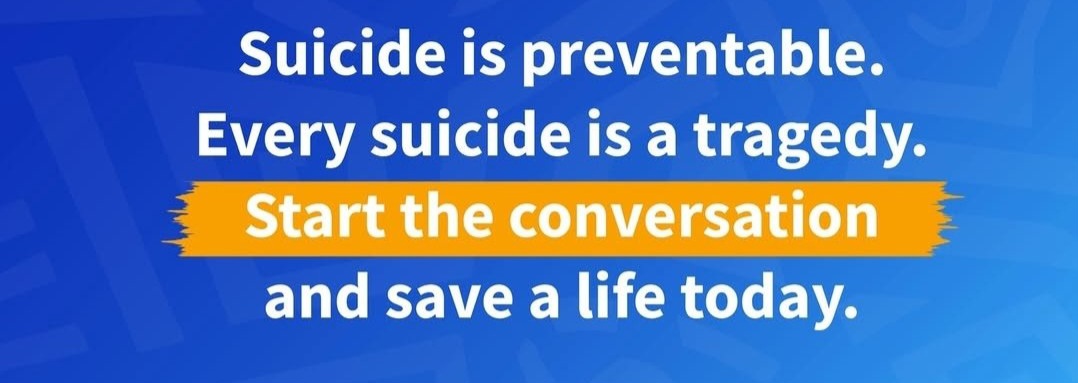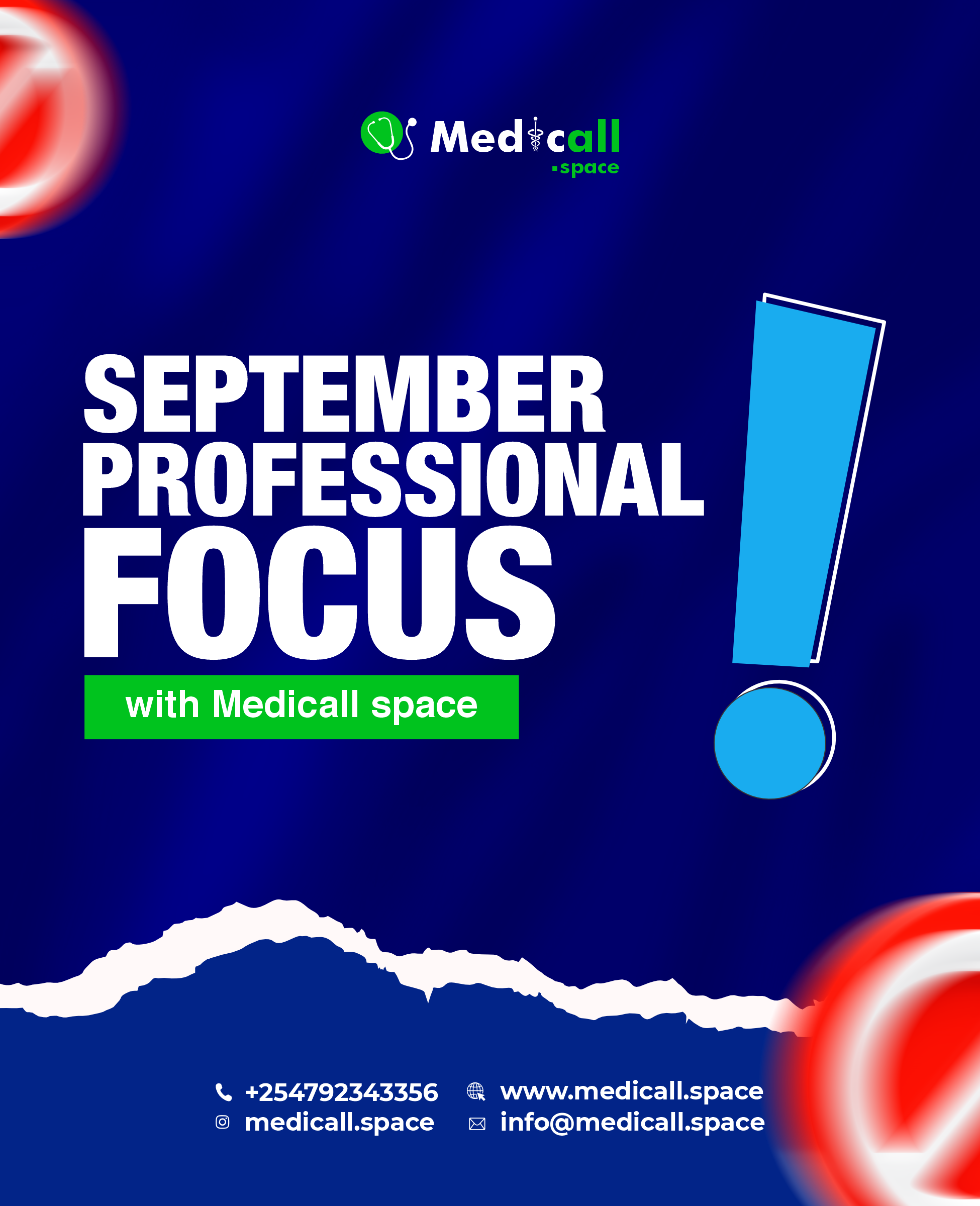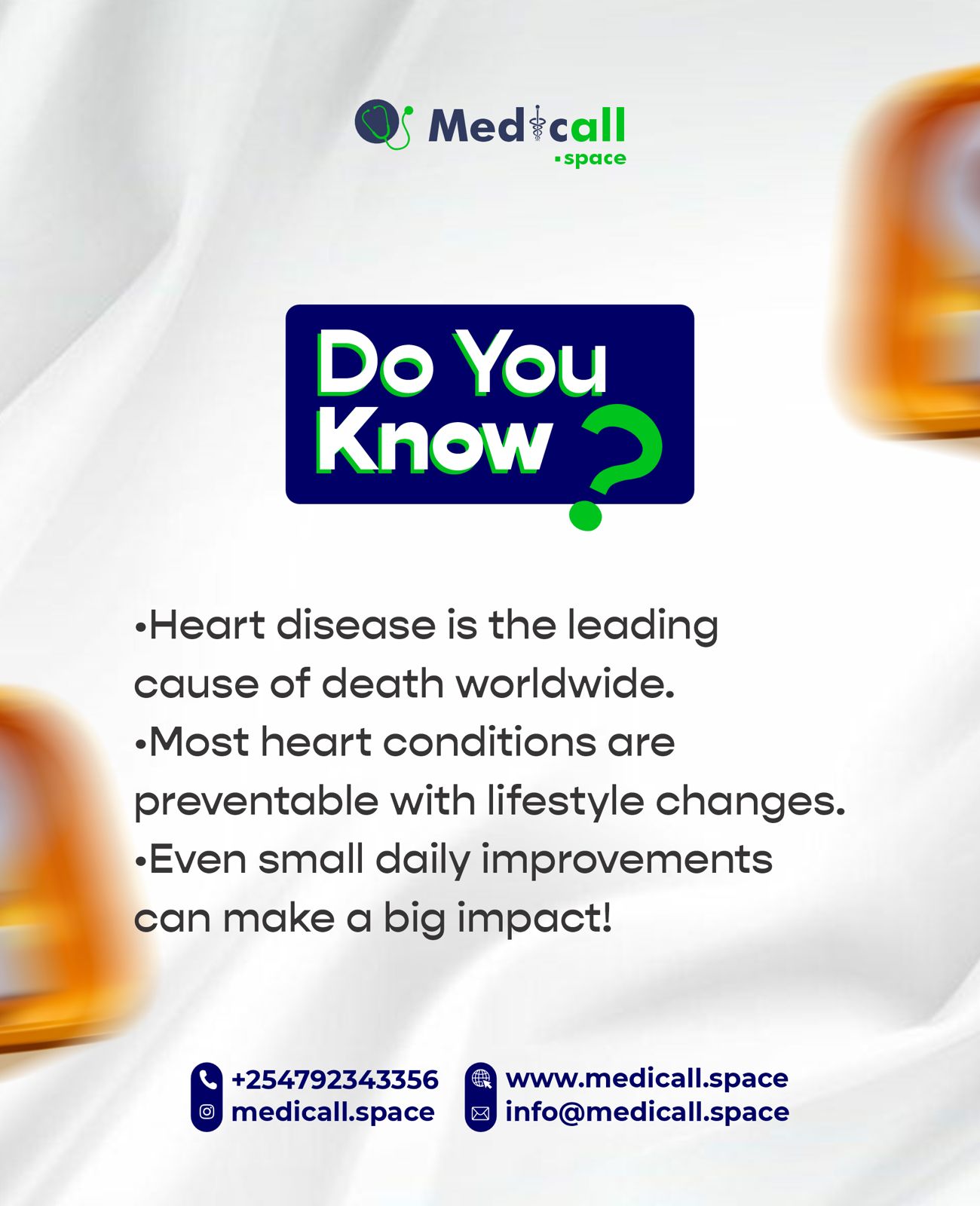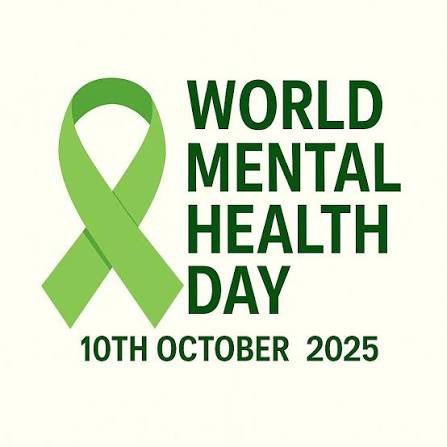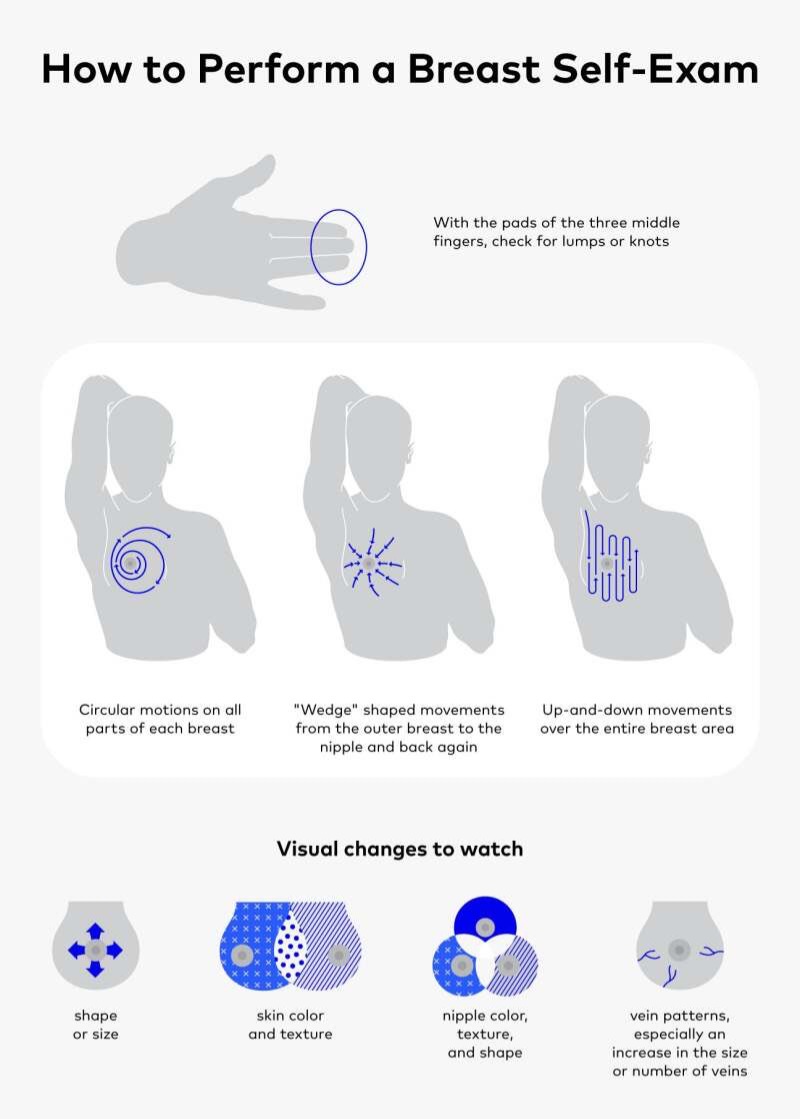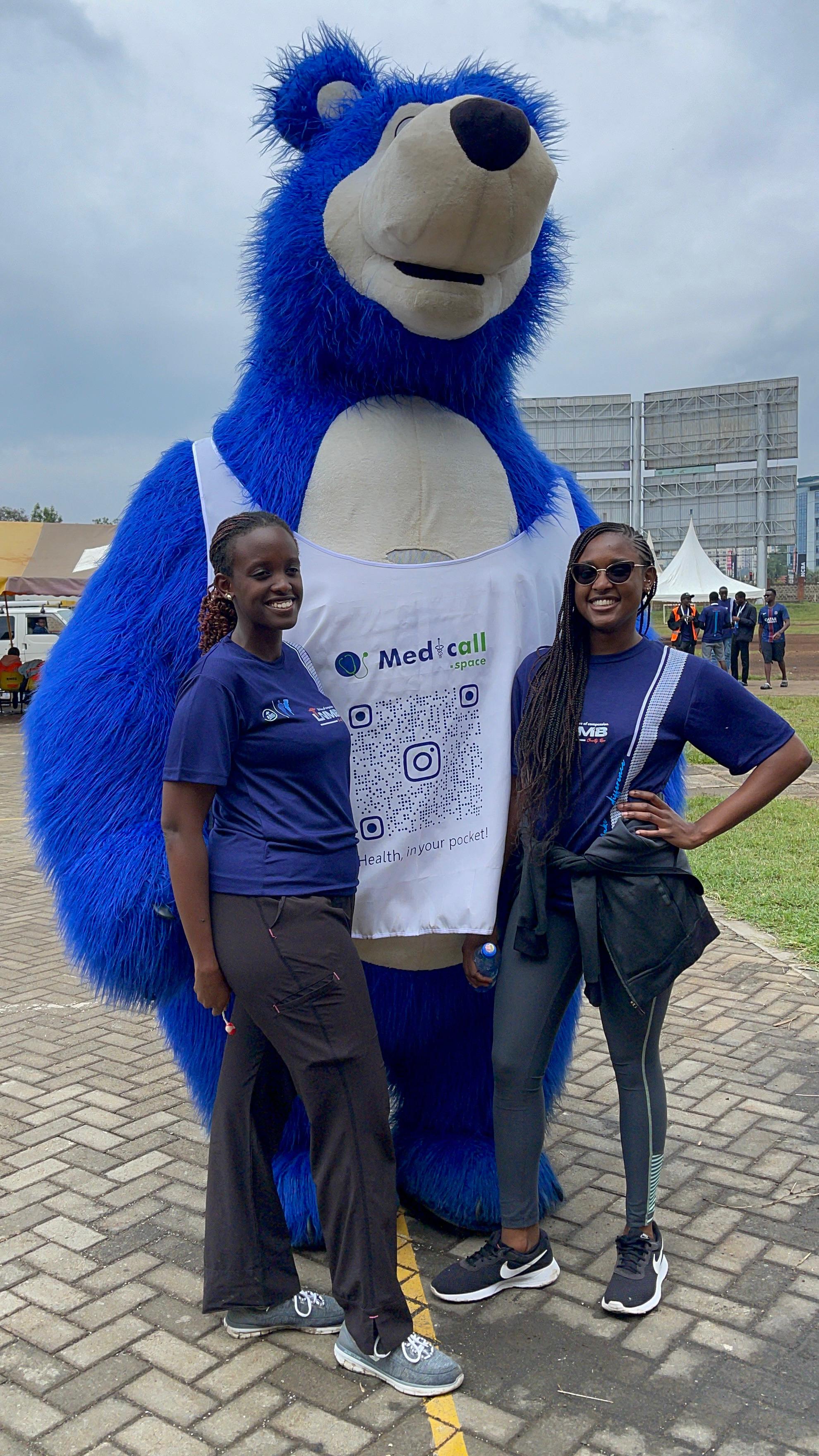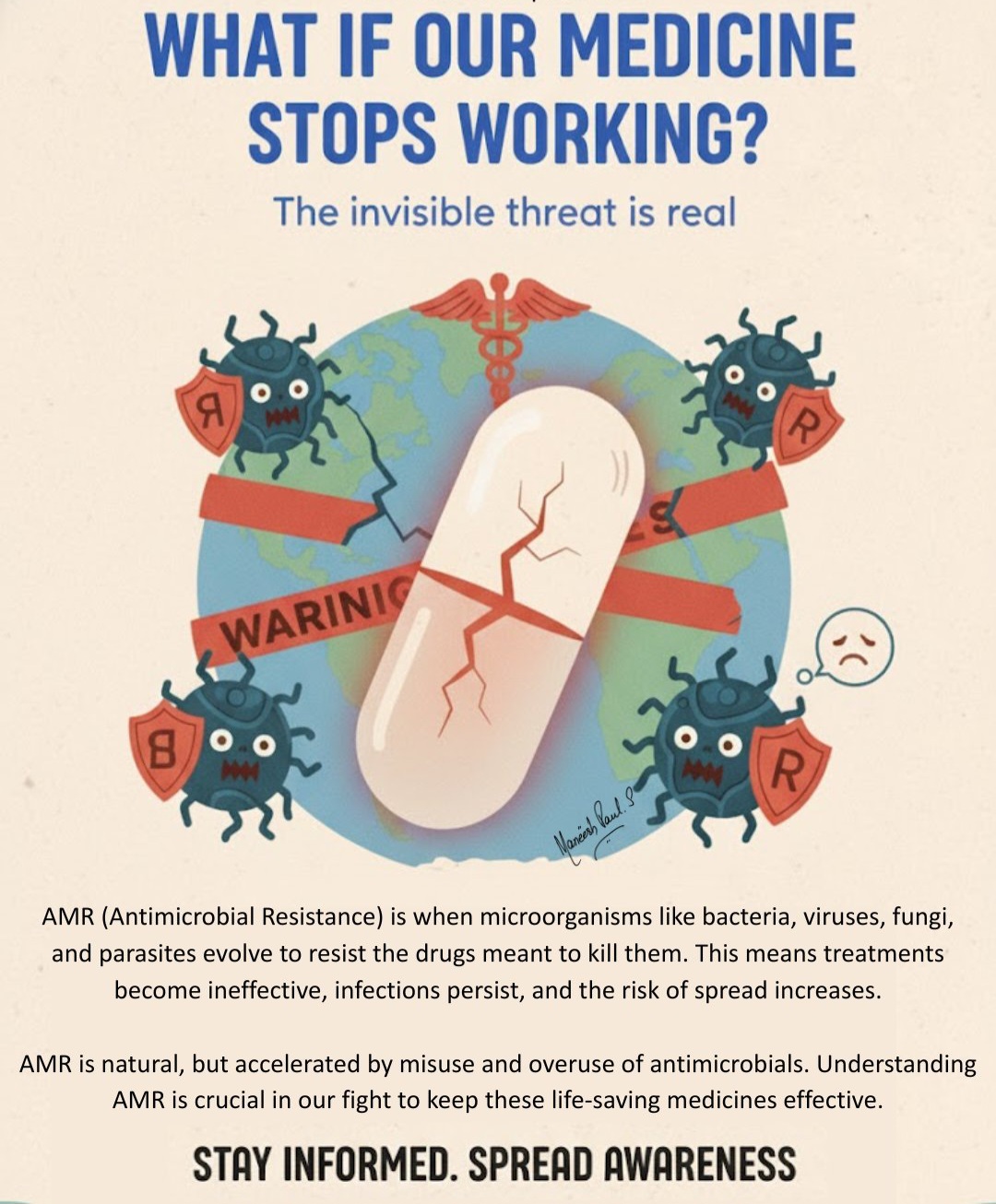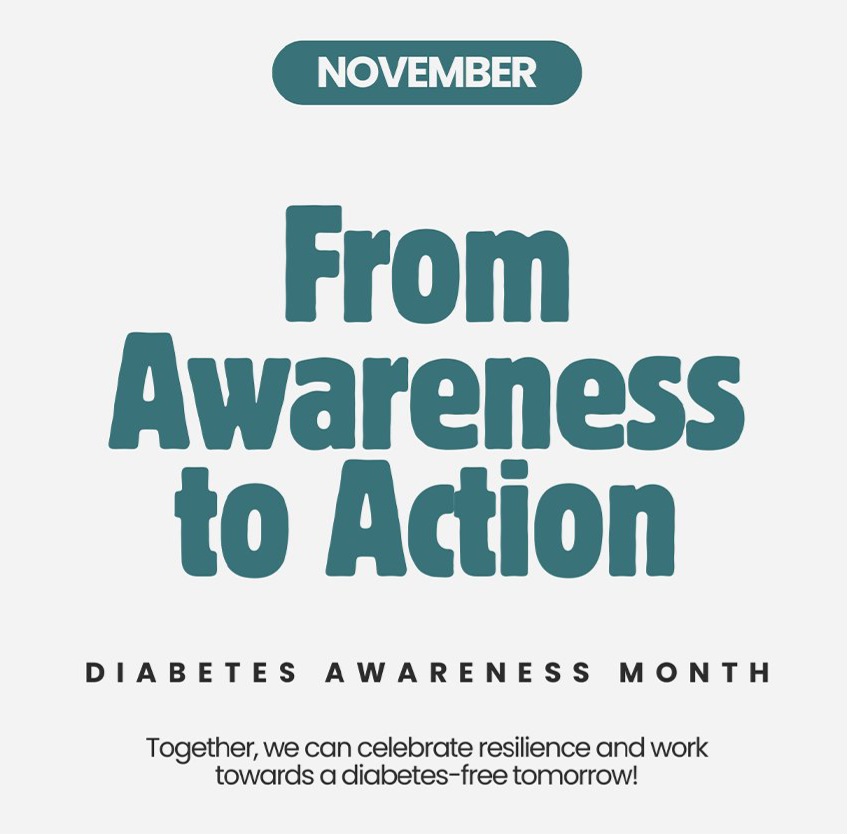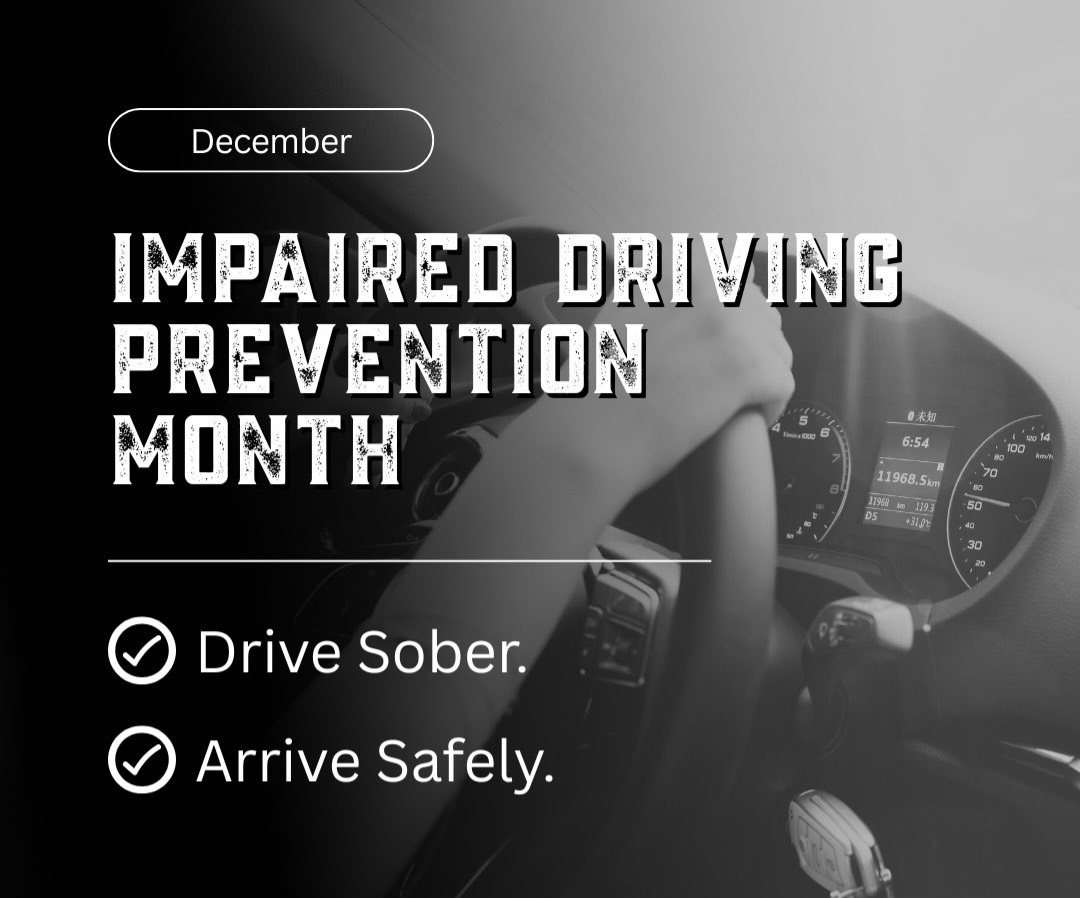Mental Health Tips for Special Groups
In Kenya and East Africa, certain minority populations experience unique stressors due to marginalization, cultural exclusion, or displacement. These conditions increase vulnerability to depression, anxiety, substance use disorders, and other mental illnesses. According to the Kenya Mental Health Policy (2015–2030) and the World Health Organization (WHO), addressing these disparities requires targeted, culturally informed interventions.
We will focus on the following Minority Groups:
1. Refugees and Asylum Seekers
2. Ethnic and Indigenous Minorities
3. People Living with Disabilities
4. Religious Minorities
5. Persons with Albinism
6. Youth in Informal Settlements
Mental Health Tips by Group
1. Refugees and Displaced Persons
Access trauma-informed counseling and community support through organizations like UNHCR, HIAS, and Kenya Red Cross.
These organizations will help deal with PTSD, depression, and grief due to war, separation, and hardship.
Seek Support from UNHCR Kenya
2. Ethnic and Indigenous Minorities
Include: Ogiek, Sengwer, Nubians, Endorois
Mental health professionals should focus on local language-based mental health outreach and culturally adapted therapies.
This helps tackle Historical injustices, forced evictions, and lack of representation which can trigger identity-related distress.
Individuals or caretakers should seek support from National Gender and Equality Commission
https://www.ngeckenya.org/
3. People Living with Disabilities
Request inclusive mental health services during hospital visits and check-ups at rehabilitation centers.
This helps deal with Isolation, bullying, and lack of opportunity which may lead to chronic stress or depression.
Support Contact: Association for the Physically Disabled of Kenya (APDK) – https://apdk.org/
4. Religious Minorities
Work with faith leaders and interfaith coalitions to integrate mental health into religious spaces.
Since misconceptions about mental illness being a spiritual weakness often delay access to care.
Support Contact: Inter-Religious Council of Kenya (IRCK)
5. Persons with Albinism
Participate in psychosocial support networks run by NGOs such as Positive Exposure Kenya for confidence-building and protection from stigma.
Frequent experiences of discrimination and isolation can lead to trauma, anxiety, and depression.
Support Contact: Positive Exposure Kenya
6. Youth in Informal Settlements
Target areas: Kibera, Mathare, Mukuru)
Utilize youth-friendly mental health services offered by community organizations such as SHOFCO, Uhai Centre, and public health facilities.
N/B: Exposure to poverty, violence, drug abuse, and educational setbacks heightens vulnerability to mental distress.
Support Contact: SHOFCO – https://www.shofco.org/
Generally, these groups can benefit from Cross-Cutting Mental Health Support such as:
- Promotion of mental health literacy through school clubs, barazas, and church/mosque groups.
- Empowered Community Health Volunteers (CHVs) with basic training in mental health first aid.
For quick assistance use accessible toll-free hotlines:
- 1199 – Kenya Red Cross emergency support
- 116 – Childline Kenya (children and adolescents)
Mental health equity begins with recognizing and responding to the unique challenges of marginalized communities.
